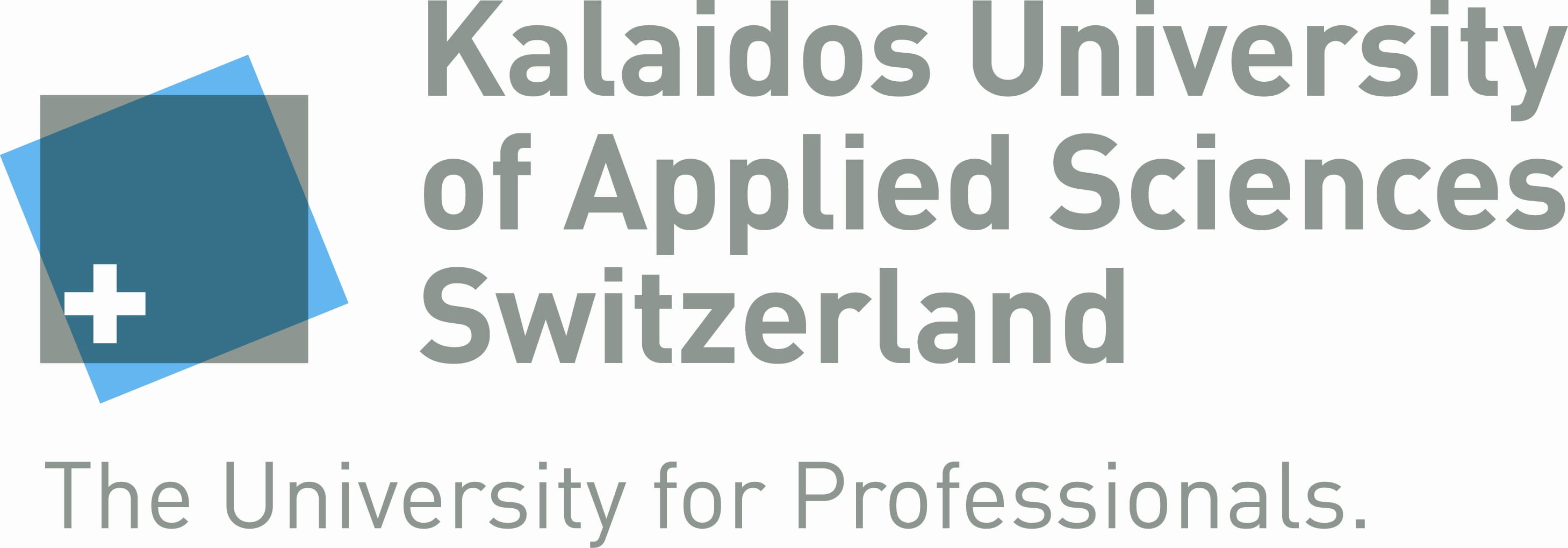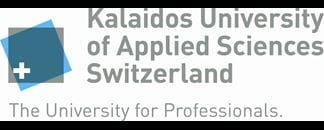Education for Sustainable Development (ESD) What role do higher education institutions play?
Dr. Maria Comos-Birmanns
Education for Sustainable Development (ESD) has been receiving an evergrowing amount of attention since the 1990s, as it is has become the basis for shaping a sustainable future. The current ecological, economic, and social challenges make social change in terms of sustainability unavoidable. Higher Education Institutions (HEI) in particular play a crucial role in promoting ESD, as they empower the next generation of managers and decision-makers with the knowledge they need to drive sustainable development.
Global reference framework and guidelines
ESD is based on Agenda 21, the guidelines for sustainable development for the 21st century, which were defined at the United Nations Conference on Environment and Development in Rio de Janeiro in June 1992. Agenda 21 commits governments to international co-operation in order to achieve development and environmental goals. The guidelines comprise well over 300 pages and cover the following four areas:
- Section 1: Social and economic dimensions
- Section 2: Conservation and management of resources for development
- Section 3: Strengthening the role of major groups
- Section 4: Means of implementation
The fourth section of Agenda 21 details "promoting education, public awareness and training" (United Nations, 2020, p. 320 ff.) and highlights the importance of education as a "means of implementation".
The 2030 Agenda combined with the seventeen Sustainable Development Goals (SDGs) described by the United Nations creates further framework conditions. For more information, watch the following video (in German) "Tu Du's für dich und die Welt!" ("Do it for yourself and the world!"):
Switzerland's Sustainable Development Goals are also based on the 17 Sustainable Development Goals. With regard to education, "Goal 4: Ensure inclusive and equitable quality education and promote lifelong learning opportunities for all" (Swiss Confederation, 2022) describes the crucial role of education in empowering every individual in our society to make sustainable decisions and engage in sustainable behaviour.
ESD at Higher Education Institutions
HEIs have an essential role to play in ESD, as they have the opportunity to lay the foundations for research, teaching and practice that can have a significant impact on the environment, society and the economy. Higher education can provide the knowledge, skillset, and mindset needed to promote sustainable choices and behaviour. In other words, higher education is essential for sustainable development for several reasons:
Research and development: Higher education institutions can provide the research and development necessary to create sustainable solutions to environmental and social issues. This includes research on sustainable technologies, resource management, leadership, and social economy.
Curricula and ESD: Higher education institutions can embed ESD in their curricula and develop education and training that promotes sustainable behaviour and decision-making. This includes programmes on sustainable management, social justice, and environmental issues.
Higher education institutions operations: Higher education institutions can act as role models by establishing sustainable behaviour on their campuses. This includes the use of sustainable teaching materials, energy-efficient buildings, waste reduction, recycling programmes, and sustainable catering options.
Commitment to society: Higher education institutions can get involved in promoting and rewarding sustainable behaviour and sustainable student work and projects. This includes public lectures, awareness-raising campaigns, and partnerships with organisations and companies that are active in the field of sustainability.
When promoting ESD, higher education institutions also face challenges. Sustainable behaviour often requires a change in thinking and behaviour. People and companies have to be persuaded to integrate less comfortable behaviour into their everyday lives and accept financial losses. Limited financial and human resources can also make it difficult to effectively promote and implement ESD.
Conclusion
HEIs have a social obligation, but also an opportunity, to play a decisive role in promoting ESD. They can contribute through research and development, the anchoring of sustainability in the curricula of education, training programmes, and their commitment to society in order to enable sustainable action. Thanks to institutional anchoring, signs can also be set in day-to-day operations in order to do justice to social, ecological, and economic sustainability and to be fit for the future. They can demonstrate visions, show leadership, and fulfil their role model function.
Sources and further information:
Swiss Confederation (2022). 2030 Agenda for Sustainable Development. Accessed on 17.02.2023
United Nations (1992). Agenda 21. Accessed on 17.02.2023
United Nations (2015). Sustainable Development Goals. Accessed on 17/02/2023





